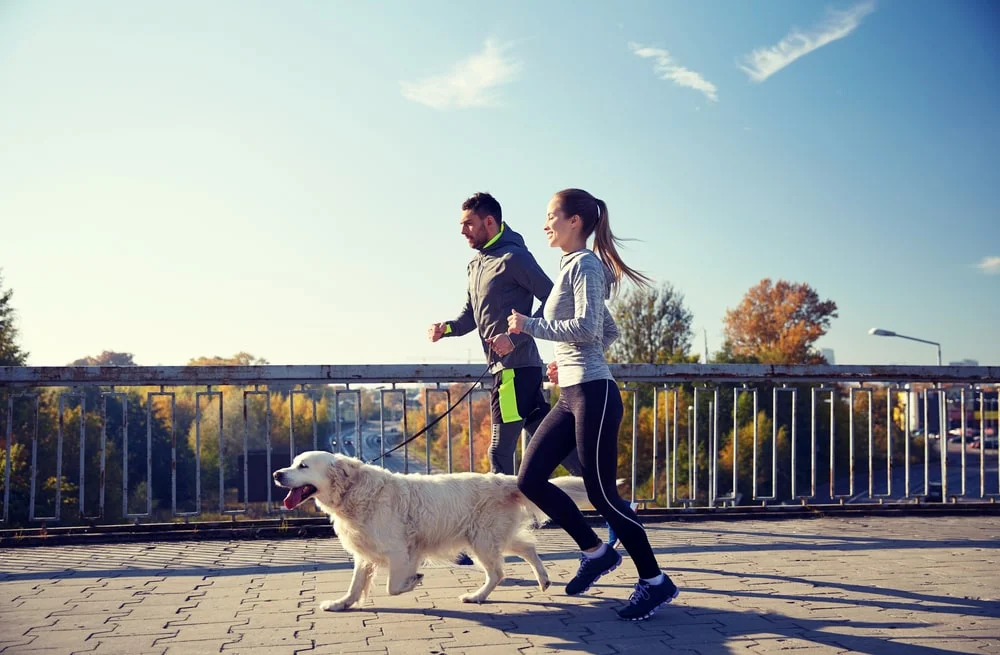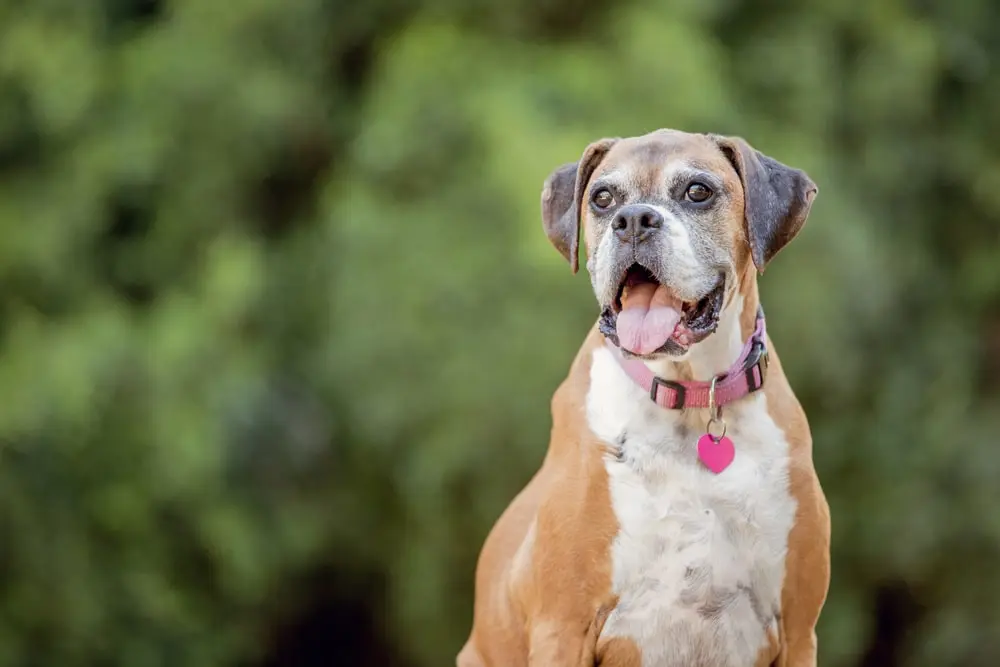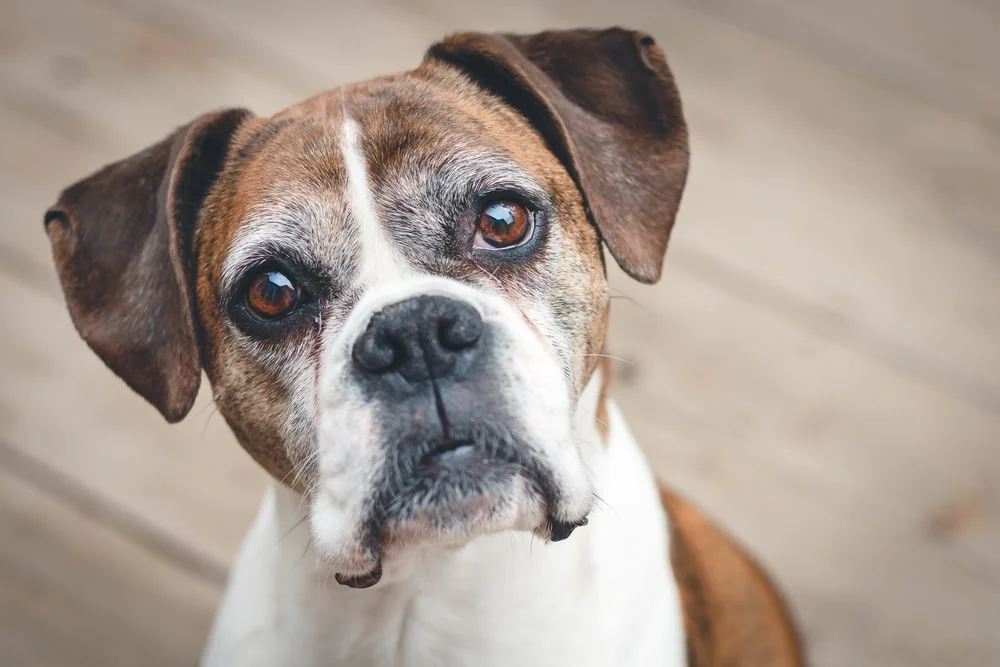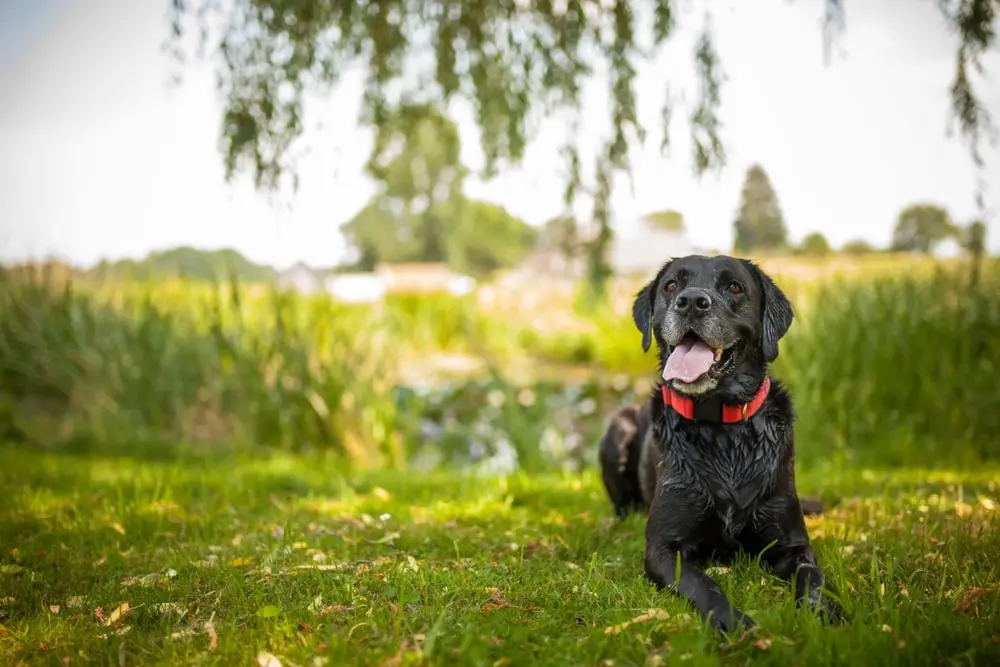PET HEALTH
Everyone coughs from time to time, and just like with people, when a dog gets sick, a cough can be a common symptom. However, in older dogs, coughing or gagging may be a sign of something more serious. Let’s get into what can cause coughing in older dogs, how to treat it at home, and when to call your veterinarian.
Causes of Coughing and Gagging in Older Dogs
There are many reasons why your older dog may be coughing or gagging, such as the natural weakening of the immune system or the body that comes with age. To help you determine if a cough is a serious concern, here are some of the common causes of coughing in older dogs.
Infections
As your dog gets older, their immune system may not be able to fight off infections like it did when they were younger. Some common infections in dogs that can cause a cough may include:
- Bordetella a.k.a. kennel cough
- Distemper
- Canine influenza
- Pneumonia
If you think your dog has an upper respiratory condition and their condition doesn’t improve after a day or two, it’s advised that you call your veterinarian. Also, if your dog seems especially prone to infections, you may want to talk with your vet about scheduling your dog’s vaccine boosters.
Heart disease
Some types of heart disease, such as mitral valve disease and heartworm disease, can cause fluid to build up in the lungs. This can lead to coughing and make breathing difficult, especially at night.
Cancer
Common cancers like lung cancer and lymphoma can also affect your dog’s lungs. Ragged breathing and coughing can be early warning signs something is wrong. If your dog has a cancer diagnosis, your vet may recommend treatment with radiation or chemotherapy.
Laryngeal paralysis
The larynx is the box of cartilage and muscle in the throat that closes when your dog is eating or drinking. it also opens wider to let them breathe easier. With laryngeal paralysis, the nerves controlling the laryngeal muscles can weaken over time, causing the muscles to relax. This can cause the cartilage to collapse inward, making it harder for your dog to breathe.1
While some breeds, like Labrador retrievers, can be susceptible to this condition when they’re younger, it can tend to affect older, larger dogs. Some of the initial symptoms can include shortness of breath, noisy breathing, and/or coughing.1
Tracheal collapse
The trachea or windpipe is the tube connecting the mouth and nose to the lungs. The tube is supported by rings of cartilage which help it stay open so air can pass through more easily. With tracheal collapse, the cartilage loses rigidity and flattens, making it harder for your dog to breathe.2
An early sign of tracheal collapse may be a barking “gooselike” cough. While small breed dogs like shih tzus and Chihuahuas tend to be more susceptible to tracheal collapse, it can affect all dogs, especially as they get older.2
Asthma
Like humans, dogs of all ages can develop seasonal allergies. In some cases, dogs can also suffer from asthma, which is an allergic reaction that can cause inflammation of your dog’s airway. This could lead to constriction and spasming of the smaller airways in the lungs.3
Asthma attacks can happen unexpectedly, making them hard to diagnose. So if you suspect your dog is having an asthma attack, it can be best to get them to the vet right away.3
Remedies for When Your Old Dog Is Coughing and Gagging
If your older dog is coughing or gagging and it doesn’t seem severe, there are some home remedies you may be able to help them with.4
Offer cough suppressants
You may be able to give your older dog a spoonful of honey combined with coconut oil to help them get over a case of kennel cough. Other options may include wild cherry bark syrup or an over-the-counter dog cough suppressant. Be sure to speak to your vet first.4
Help make it easier to breathe
Exercising in dry weather can exacerbate your dog’s cough, so you may want to cut back on outdoor exercise until they get better. If you’re concerned about conditions affecting their airway, you may also want to use a non-restrictive harness instead of a collar.
If your dog is coughing or gagging at night, you may want to put an air humidifier near their sleeping area.4
Keep them hydrated
If your dog is coughing, make sure they get plenty of fluids. Encourage them to drink plenty of water, bone broth, or homemade chicken broth. It can be a good idea to make broth at home as most commercial soups are high in sodium or have ingredients/seasonings that could be harmful to your dog.4
Watch their weight
Being overweight or obese could contribute to physical conditions like laryngeal paralysis or tracheal collapse. Helping them lose weight could help reduce their coughing fits.
Do They Need To Go to the Vet?
Your vet can be an important resource for your dog’s health. You may want to consult your vet if your dog’s cough lasts for more than 48 hours or they show signs of gastric distress like loss of appetite, vomiting, or diarrhea.
If your dog has been previously diagnosed with heart disease or asthma, or you suspect they’re having an asthma attack, it’s highly recommended that you contact your vet immediately.
The Cost of Coughing In Older Dogs
A simple cough in a dog can get very costly very quickly. For example, a cough indicating tracheal collapse may be indistinguishable from a cough indicating a heart problem. So your vet may need to perform an endoscopy or use an x-ray to pinpoint the source of the problem.
In some cases, antibiotics and anti-inflammatory drugs may be needed. In others, your vet may recommend major surgery to correct the problem. These costs can quickly add up, and if hospitalization is needed, it can easily add thousands more dollars to the cost.
If you’re looking for ways to care for your older dog, a dog insurance policy can help. To find out more, get a quote today.
Dr. Hunter Finn has been paid by MetLife to discuss the importance of choosing pet insurance. He is an integrative veterinary expert first, and social media star second. He owns Pet Method in McKinney, Texas, where he cares for pets while prioritizing their emotional well-being. When he’s not at his clinic, he’s starring in viral videos on TikTok (2 million followers) and Instagram (500K followers) — where he’s been known to snuggle puppies and conquer the latest dance trends.
Help protect your senior dog with MetLife Pet Insurance
Explore our customization options





